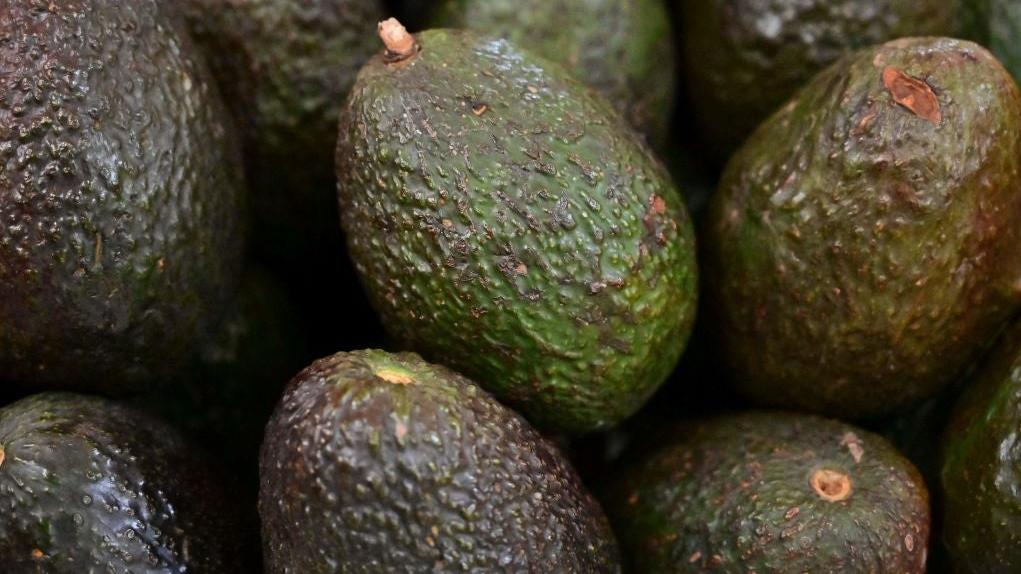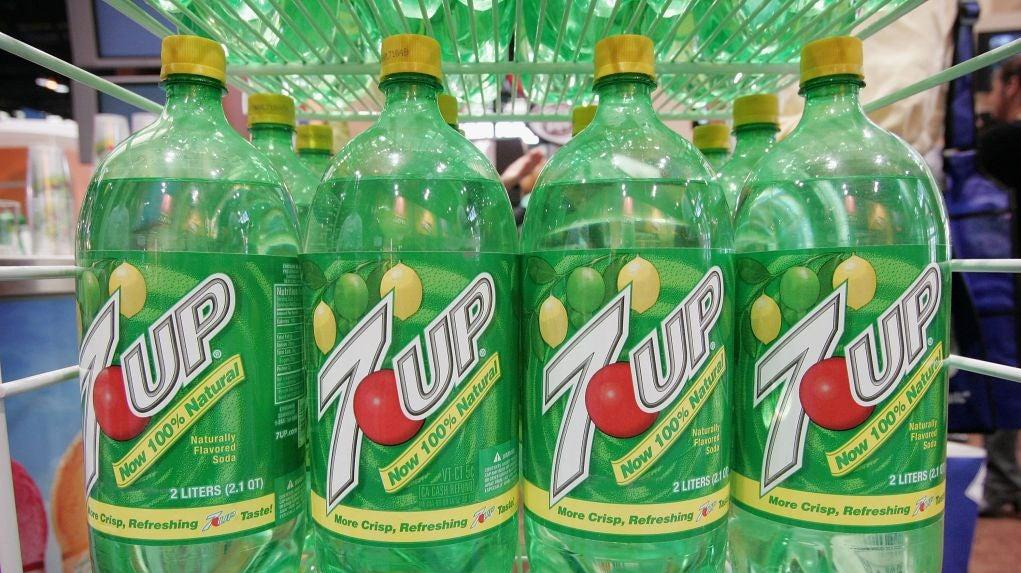6 'Unhealthy' Foods That Toxic Diet Culture Tried To Take From Us
These staples of the American diet were turned into bogeymen by wellness industry hucksters.
Our society's obsession with thinness has led its victims down rabbit hole after terrifying rabbit hole. From chugging vinegar and ripping cigs to sucking down tapeworms, diet culture demands that we punish our bodies in the pursuit of weight loss. (It's almost as if thinness doesn't necessarily equate to health. Hmm!)
Along the way, wellness charlatans have used tenuous research to demonize entire food groups. We'll call these "diet boogeymen"—foods like bread, eggs, and tomatoes. They all have one thing in common: they've been the enemy of a popular diet at one point or another. We've been told these foods are "bad," a designation that implies anyone who eats them is, by extension, a bad person.
We're here to argue that there are no"bad" foods. There's just... food. In that spirit, let's review some of the most unfairly maligned diet boogeymen of the last few decades.
Carbohydrates in all their forms
Journey with us to the early 1970s, when a cardiologist named Robert C. Atkins saw people enjoying tasty breads and potatoes and said, "Kiss your joy goodbye, sucker." Enter the Atkins diet, a high-protein, high-fat, ultra-low-carb diet that many consider the precursor to today's keto craze.
On both keto and Atkins, you're encouraged to eat a lot of meat, dairy, oils, and eggs, avoiding bread, pasta, potatoes, fruit, vegetables, and sugar. Not a lot of variety there, folks.
The obvious problem with this approach: Carbs are a key source of energy, fiber, and nutrients like B vitamins. Yes, avoiding carbs means your body will initially burn fat for energy—but it'll also burn muscle, making you feel like garbage and potentially tanking your metabolism. Other problems include vitamin and mineral deficiencies and reduced kidney function.
In fact, one study found that both low-carb diets (less than 40% of daily calories from carbs) and high-carb diets (more than 70% of daily calories from carbs) were linked with higher mortality rates over a 25-year period. The solution? Moderate-carb diets. Avoiding extremes and eating foods that make you feel good? A shocking conclusion indeed.
Fats
The origins of the low-fat craze are fascinating, mostly because medical professionals promoted the diet with zeal despite a total lack of clear evidence that it prevented heart disease or promoted weight loss. The low-fat era peaked in the 1990s, despite prominent evidence that low-fat products often contain more sugar and fewer nutrients than their full-fat counterparts. Unfortunately, people still believe low-fat is the way to go, despite many, many studies that emphasize the importance of healthy fats. Eggs and avocado, anyone?
Of course, all types of fat are not created equal. Trans fats were, in fact, found to raise levels of artery-clogging LDL cholesterol, which is bad news for individuals prone to heart disease. However, natural trans fats, like those found in meat and dairy products, aren't as harmful. It's the artificial trans fats—the ones that are created by manufacturers by manipulating liquid vegetable oils—that you need to watch out for.
High fructose corn syrup
Unlike fats and carbs, high-fructose corn syrup (HFCS) doesn't offer any tangible health benefits. But Big Sugar's claim that HFCS is evil in syrup form doesn't hold much weight. In fact, sugar manufacturers have been squabbling with the Corn Refiners Association (throwback to this goofy ad campaign) for years, despite the fact that this common sweetener is chemically very similar to table sugar.
Some researchers expressed concern that the body handles HFCS differently than table sugar; however, the Mayo Clinic explains that, at this time, there's "insufficient evidence to say that high-fructose corn syrup is any less healthy than other types of sweeteners." In other words, you're not gonna die from eating that popsicle. Just don't eat, say, 45 popsicles a day. That would feel really bad.
Nightshades
Tom Brady, you little sicko. Brady has made beaucoup headlines for his famously restrictive diet, which forbids the consumption of foods from the nightshade family. "[Tom] doesn't eat nightshades, because they're not anti-inflammatory," Brady's personal chef said in an interview. "So no tomatoes, peppers, mushrooms, or eggplants. Tomatoes trickle in every now and then, but just maybe once a month. I'm very cautious about tomatoes. They cause inflammation."
Do they, though?
Brady's concerns may be due to the fact that nightshades contain solanine, a chemical which some believe may aggravate arthritis pain or inflammation. The Arthritis Foundation says that this is not true. At this time, there's no solid evidence that nightshades cause inflammation or any other negative side effects. For the love of God, someone get Tom Brady a tomato.
MSG (monosodium glutamate)
We're gonna say this once and be done with it: MSG is not making you sick.
For years, monosodium glutamate, a food additive known as MSG, has been planted firmly into the "diet boogeyman" category. Why? One primary reason: racism. MSG is found in practically all processed foods, from ranch dressing to Doritos, but naysayers have long tied it to Asian cuisine. (Merriam-Webster even has an entry for the term "Chinese restaurant syndrome" although the entry is now marked "dated, sometimes offensive," thanks to the work of activists.)
MSG isn't some freaky chemical from the great beyond. It's actually a common amino acid naturally found in foods like tomatoes and cheese. It's extracted, fermented, and used to lend an umami-rich flavor to lots of wonderful things. Most importantly, there is a stark lack of scientific evidence supporting the idea that MSG makes people sick. In other words, it's not giving anyone a "syndrome." Get out of here with that.
Gluten
It's no coincidence that your TikTok For You Page is full of rail-thin influencers demanding you cut gluten out of your diet. Since 1941, researchers have studied the effects of a wheat-free diet. And, yes, doctors have linked gluten to bloating, diarrhea, constipation, stomach pain, and other celiac disease symptoms. But that research only applies to individuals with celiac disease.
To be clear: non-celiac gluten sensitivity is a thing, first researched in 1980. But the 2000s effectively vilified gluten for everyone else—even those without any noticeable response to gluten (other than glee). Some studies even suggested an association between gluten and schizophrenia.
With that, as many as 1.69% of non-celiac Americans cut gluten out of their diet by 2014. But scientists insist that a gluten-free diet is not helpful for everyone, especially for those just looking to drop a few pounds. The gluten-free diet can easily veer toward a low-carb situation, which, as we know, isn't a sustainable approach to health.






